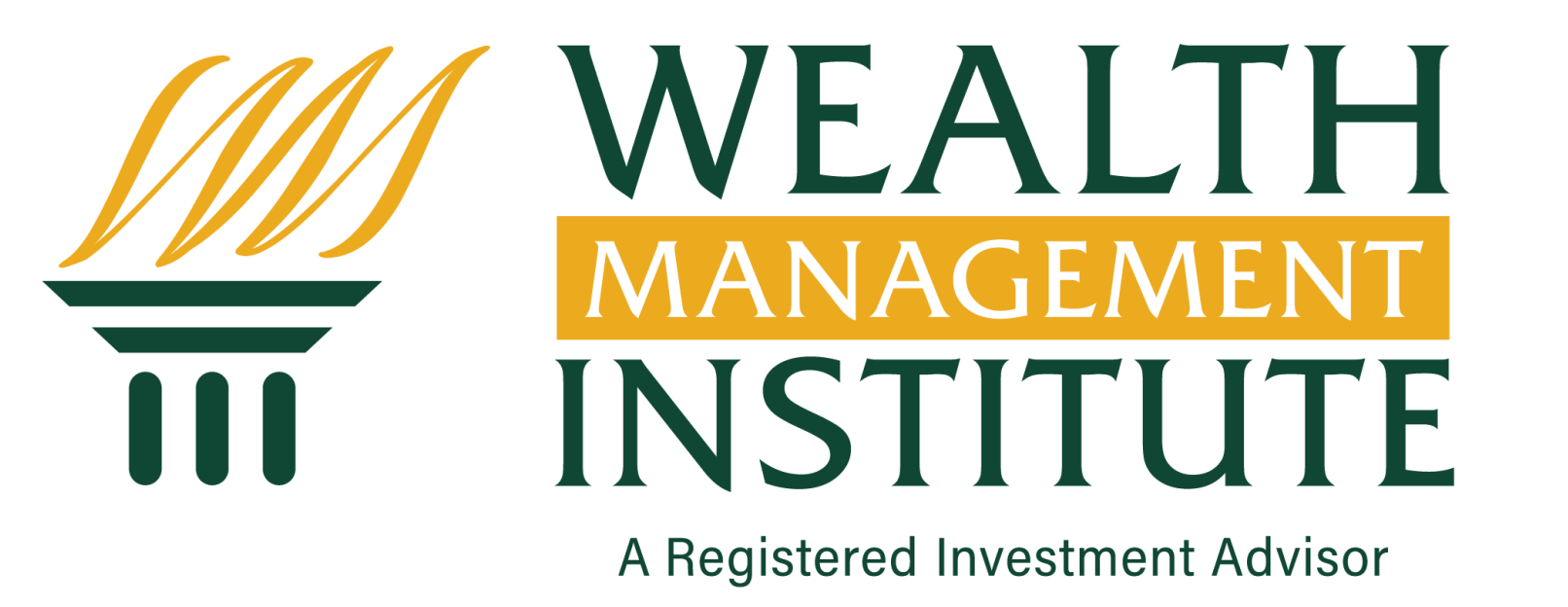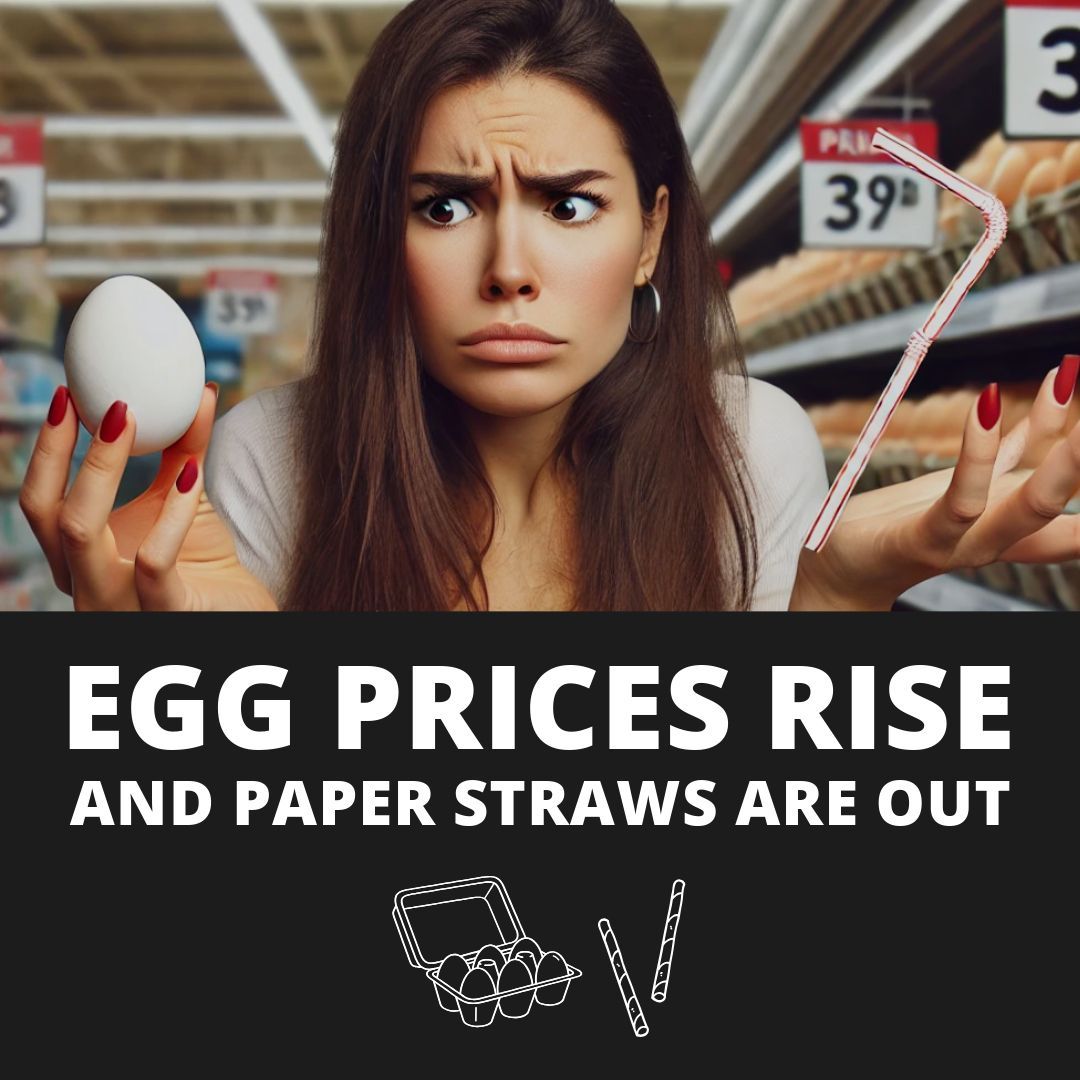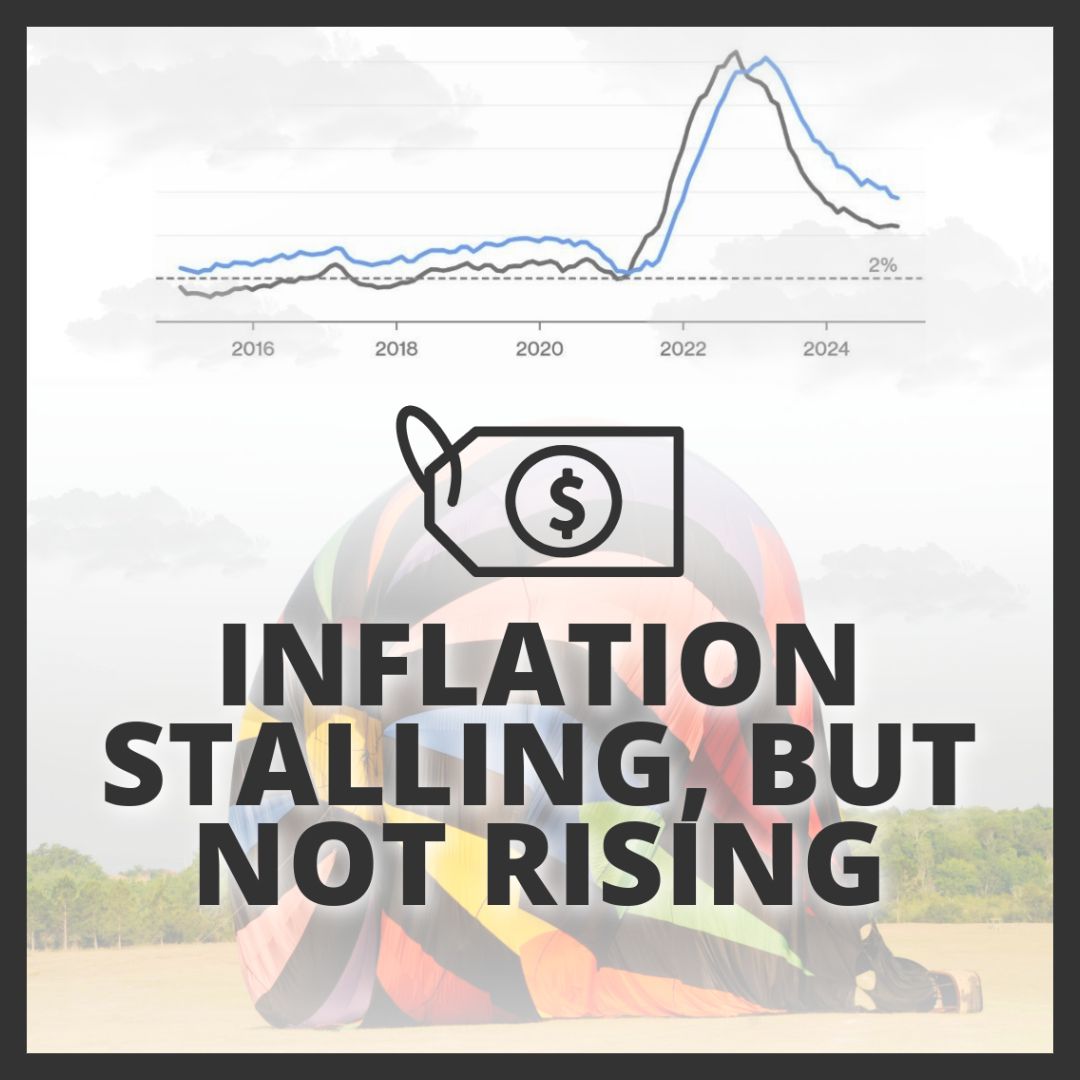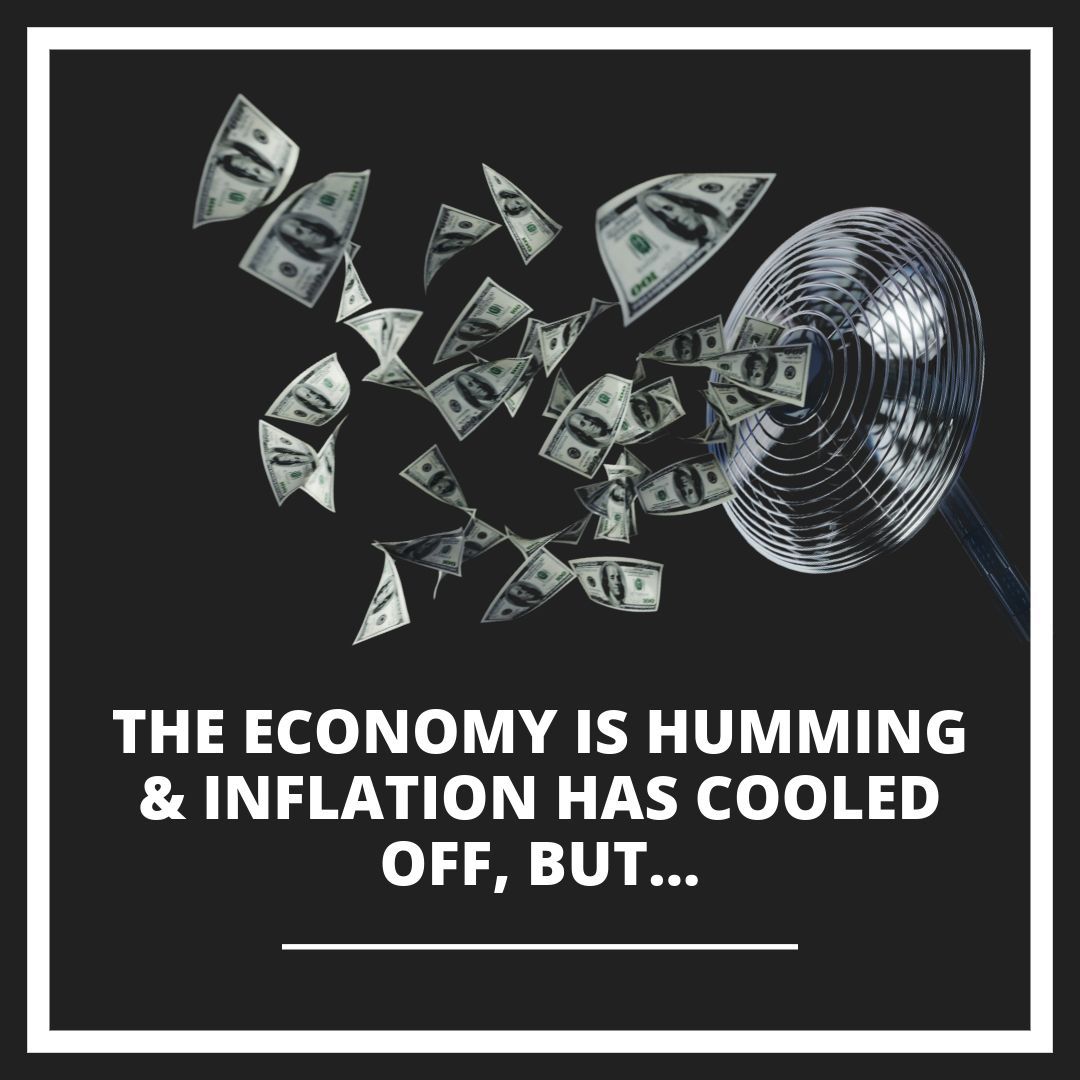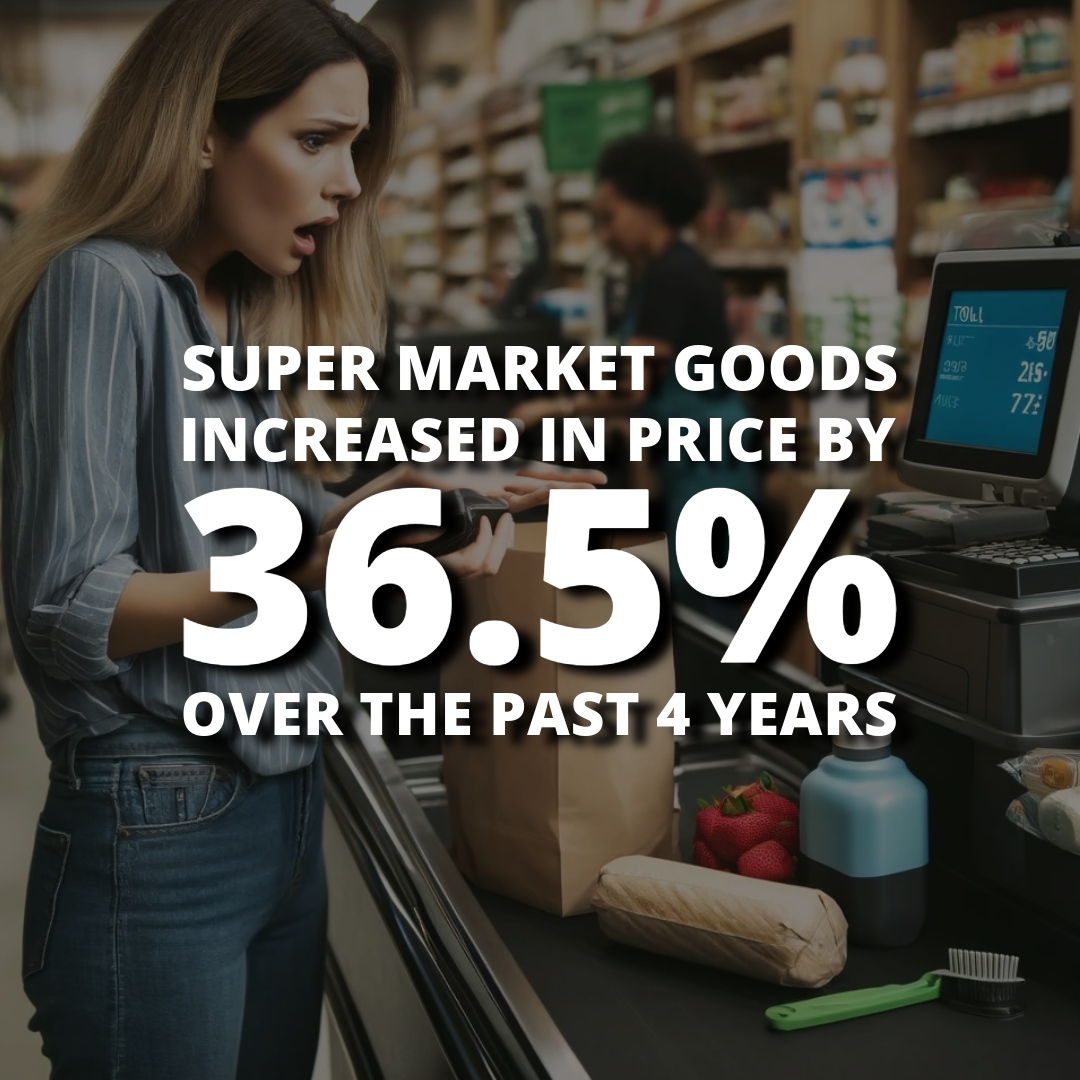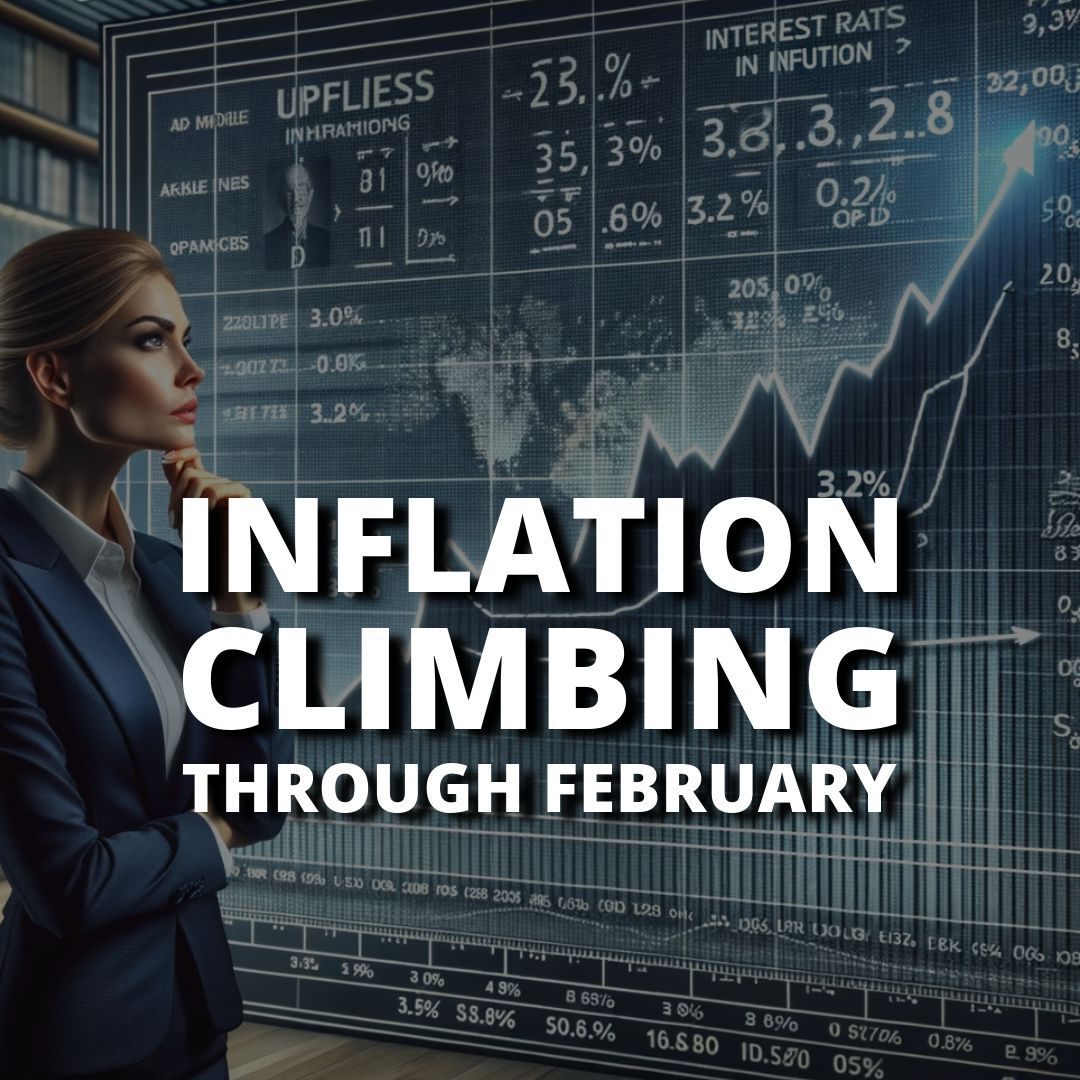Company Profits Are Getting Squeezed

Company profits are getting squeezed. With fourth-quarter earnings season nearly complete, the net profit margin of companies in the S&P 500 has fallen to 11.3%, based on actual results and analyst estimates for companies that have yet to report. That would mark the sixth consecutive quarterly decline amid rising costs for key inputs such as labor, materials, and energy.
The personal consumption expenditures price index excluding food and energy increased 0.6% for the month of January, and was up 4.7% from a year ago, the Commerce Department reported Friday. Wall Street had been expecting respective readings of 0.5% and 4.4%. The core PCE gains were 0.4% and 4.6% in December.
Natural-gas prices have dropped more than 65% since mid-December and this week hit their lowest level since 2020’s pandemic lockdown, leading producers to throttle back drilling in a dramatic turn in the market for the heating and power-generation fuel.
Federal Reserve officials are signaling that a resilient U.S. economy could lead them to raise interest rates somewhat higher than they had anticipated to conquer high inflation.
U.S. existing-home sales fell for the 12th straight month in January–and the outlook isn’t much better for February. The Mortgage Bankers Association’s weekly purchase index, a measure of applications for mortgages, dropped to its lowest level since 1995 last week. That is the latest sign that high interest rates are keeping potential buyers on the market's sidelines.
The U.S. housing market weakened in January for the 12th straight month as continued high mortgage rates kept buyers on the sidelines. Sales of previously owned homes, which make up most of the housing market, fell 0.7% in January from the prior month to a seasonally adjusted annual rate of 4 million, the slowest since October 2010, the National Association of Realtors announced Tuesday. January sales fell 36.9% from a year earlier.
Consumers are spending more on food and less on electronics, apparel, and home improvements as inflation and changing habits zap demand for many goods, two of the country’s largest retailers reported Tuesday.
Supply-chain snarls are fading from among the top challenges facing some U.S. companies as freight congestion eases, shipping costs fall and factories in Asia are freed from Covid-19 lockdowns.
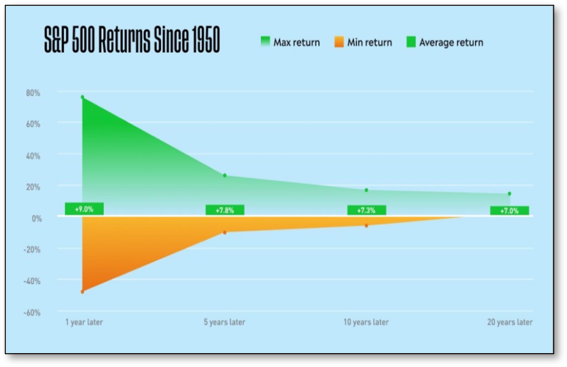
Investing involves risk including the potential loss of principal. Consider your risks and objectives before investing. This is for informational purposes only and should not be construed as tax advice. Consult your tax advisor regarding your specific situation.
Securities and advisory services offered through Madison Avenue Securities, LLC, a Registered Investment Advisor, member FINRA and SIPC. Advisory services also offered through Wealth Management Institute, Inc., a Registered Investment Advisor. Wealth Management Institute and Madison Avenue Securities, LLC are not affiliated entities. Frank Cherniawski is securities registered in: AZ, CA, CT, FL, GA, IN, MI, MO, NC, OH, WA and Advisory Licensed in CA and MI with Madison Avenue Securities, LLC. Please inquire with the advisor about your state prior to further discussion or any decisions.
